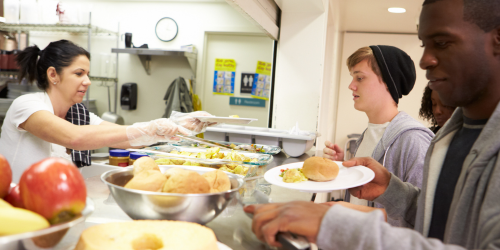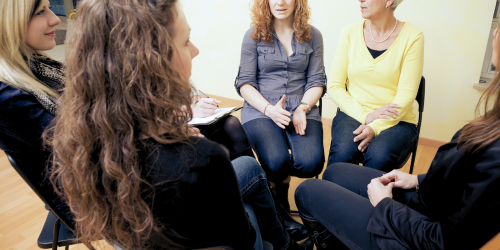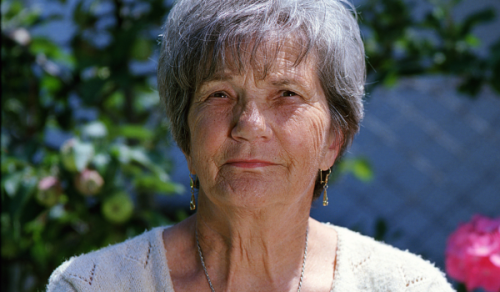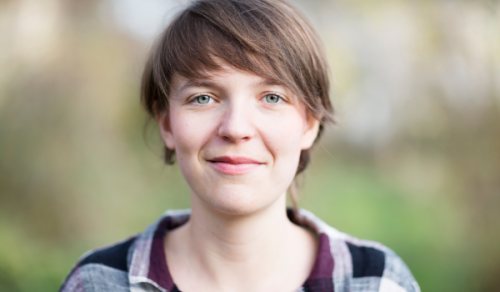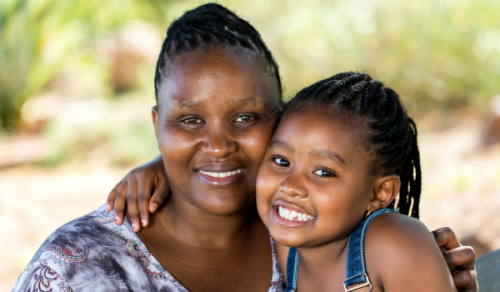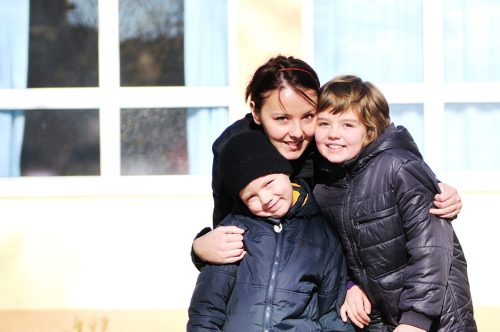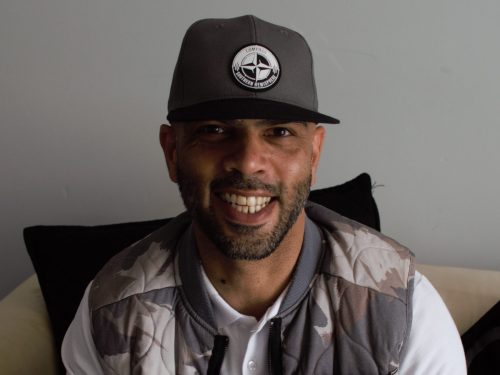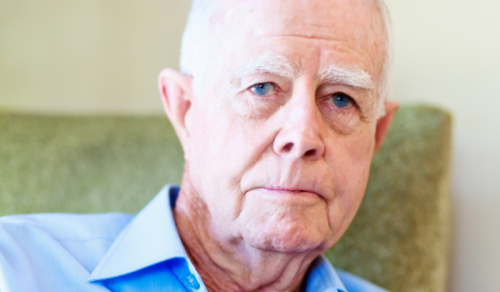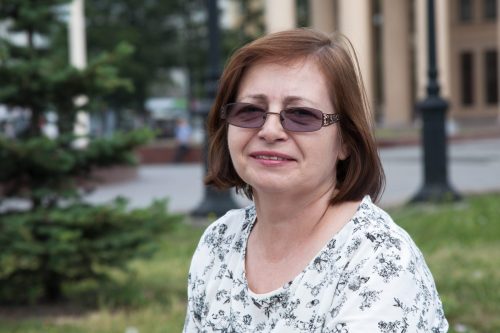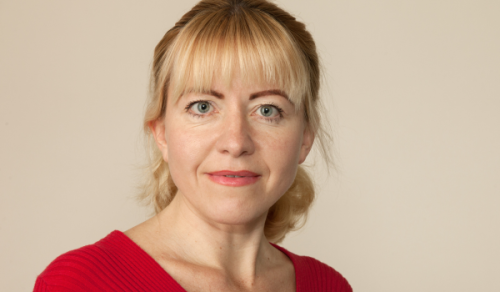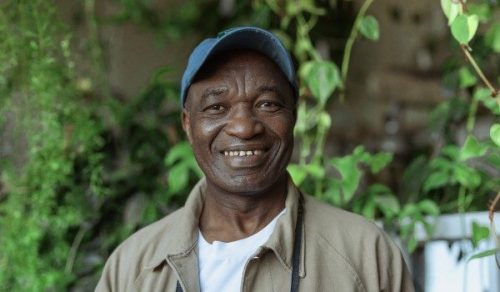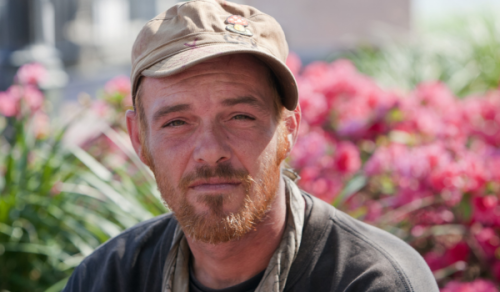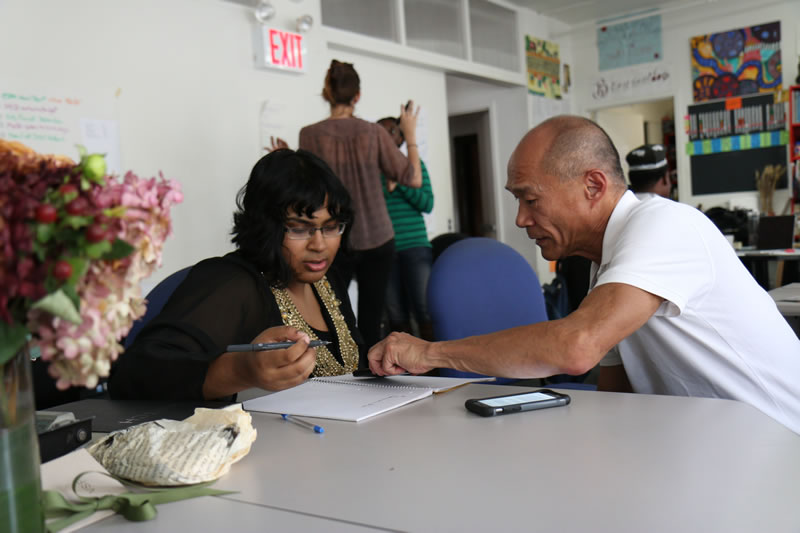
Our Services
We provide essential services across Brighton & Hove, Eastbourne and Hastings, as well as elsewhere in Sussex.
Over the past 50 years BHT Sussex has developed a diverse menu of services to support people who are homeless, or at risk of homelessness, and people who have complex needs.
Our services include: day centre provision, residential rehabilitation, mental health services, specialist housing and legal advice and work, learning and training initiatives.
Real life stories from BHT Sussex
Mia
Mia, a 75-year-old Spanish woman, was living in sheltered accommodation and had been facing significant financial difficulties for approximately five years due to an ongoing issue with her National Insurance (NI) number. This issue caused her benefits to be repeatedly stopped and reinstated, leading to substantial gaps in income. Without consistent benefits, Mia fell behind on her rent, accruing significant arrears, and was at risk of homelessness. This is her story. The Initial Challenge The root cause of the problem was an error made when Mia first registered for benefits: she was assigned the NI number of another individual with … Read more
Iva
BHT Sussex is one of the only Legal Aid providers in the South East, making the work of our Immigration Legal Service incredibly important. This service provides advice and representation for many people trying to claim asylum in the UK. As part of this service, we help and represent many minors who have arrived in the UK unaccompanied. This was the case with Iva. This is her story. Iva was kidnapped as a 15-year-old and brought to the UK by traffickers who intended to exploit her. She managed to escape from her trafficker when she arrived in the UK and … Read more
Kosi
After expanding our Immigration Legal Team in recent years, we have been able to assist in more specialist immigration cases that involve domestic violence. Although most immigration cases are complicated, it can be particularly difficult to work through the layers to help someone remain in the UK when someone has experienced domestic violence. A clear example of this is Kosi’s case, who was concerned she wouldn’t be able to remain in the UK if she left her spouse. This is her story. Kosi is originally from Ghana and had been living in the UK for several years with her husband … Read more
Sarah
The Court Duty Scheme is a little known but incredible service which provides last-minute emergency advice for people who are facing eviction. When repossession cases are being heard in Brighton, Lewes or Hastings Courts, our specialist Housing Advisers can step in to protect people and ensure they know their rights. These clients have usually never sought advice or representation before meeting our advisers that morning. Often alternatives to eviction can be worked out, debt payments can be renegotiated, and people can stay in their homes. This was the case with Sarah, whose story is below. Sarah is a housing association … Read more
Khan
Living day to day Last year, I was living a hectic life in Brighton and Eastbourne – to escape that I turned up on my mum’s doorstep, and I wasn’t looking well because I’d been on drugs for a long time. After 6 months Khan’s relationship with his mum and his recovery broke down. He had to leave his mum’s house and he returned to Brighton, where he had nowhere to live. He ended up sleeping rough. Khan was initially placed in emergency temporary accommodation, through the local Street Outreach Service, but he needed more supportive and longer-term housing, and … Read more
Stan
Support for those in their old age looks different for everyone. This is why our East Sussex Floating Support Service individually tailors support to each person we serve. Stan’s case exemplifies the importance of this way of working. This is his story. Stan is a 90-year-old retired barrister who was referred to our East Sussex Floating Support Service by the NHS Community Frailty Practitioner Service, following his discharge from hospital after a fall. Stan is widowed, has a history of falls, and had recently moved into a sheltered housing scheme. However, the scheme had no floor coverings, contributing to his … Read more
Jacqui
There can be many factors that build up to cause someone to be insecurely housed. For Jacqui, the loss of her job and the breakdown of her marriage led her to become a member of the ‘hidden homeless’ population, as she was sofa surfing. This is when she sought the help of the Accommodation for Work project at BHT Sussex. Jacqui first came to the project following her separation from her ex-husband. He retained the family home to look after their children as he was not working. After moving out, Jacqui stayed on her mother’s sofa and worked part time. … Read more
Wendy
Wendy and her adult son, who both live with autism, were facing severe housing challenges. Wendy is the sole carer of her son, who has mobility issues, and they were living in a property that was unfit for habitation. This is Wendy’s story. Wendy’s home was in a state of severe disrepair, with frequent flooding rendering the downstairs of the house uninhabitable. The constant environmental hazards worsened the challenges for Wendy and her son, making it increasingly difficult for both to maintain any sense of stability or comfort in their living conditions. Additionally, both Wendy and her son were agoraphobic … Read more
Oksana
In the past few years, we have expanded our organisation and added the Homes for Ukraine Sustainment Service, based in Polegate. This team’s core goal is homeless prevention as they work to support Ukrainian refugees being hosted across Sussex, as well as the hosts themselves. Oksana is one of the many Ukrainian women we have supported who have had to move to the UK due to war. This is her story. Oksana is a 45-year-old woman who arrived in the UK with her teenage daughter. They were placed with a host in Sussex and lived there for a year. However, … Read more
Samuel
For many people, there may come a time where they hit a breaking point and can’t carry on without support. This is the case with many of our clients experiencing homelessness, who come to First Base Day Centre to seek support from our highly trained, knowledgeable and compassionate case workers. Each client who walks through our doors receives support from a dedicated case worker to help them move away from rough sleeping. This is what one of our clients, Samuel, experienced when he came to First Base. This is his story.
Jim
Many clients who seek help from First Base, our day centre for people who are sleeping rough, have multiple and complex needs. When helping a person move away from rough sleeping and into more secure accommodation, the case workers at First Base consider all the physical and mental health needs a client may have. This approach helped Jim get off the streets. Read his story below. “Before I came to First Base, I had lost my supported accommodation and was rough sleeping on the streets. On my first visit to First Base, one of their case workers asked me if … Read more
Arwa
Homelessness is never part of anyone’s life plan and can completely derail the career path someone is on. Our Accommodation for Work project helps people whose lives have been derailed by homelessness access independent accommodation, employment and education. Arwa came to the project as an 18-year-old with the goal of becoming a dentist. However, domestic violence caused her to become homeless, and forced her to leave her dentistry apprenticeship. This is her story. Arwa lived in on the outskirts of London with her family but began experiencing domestic violence due to cultural and religious issues, which caused the relationship with … Read more



